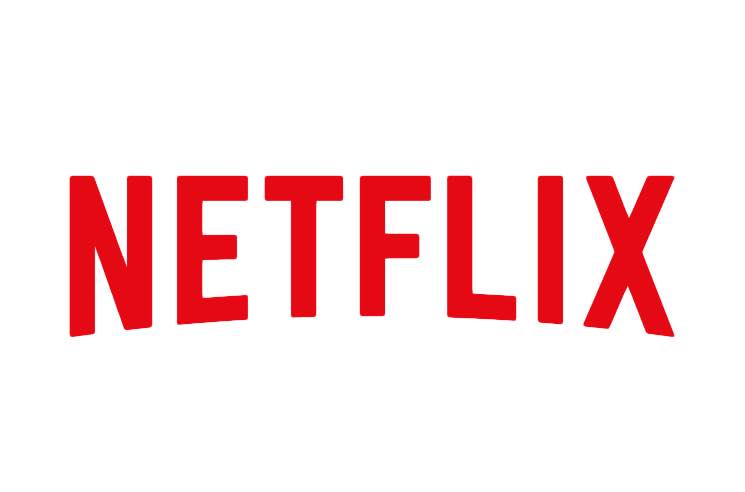Whether streaming your favourite musicians or favourite Netflix shows, the internet is already playing a major part in our self-isolated hours. However, European officials are looking to take binge watching down a few levels of definition to avoid overloading networks, with Netflix now spearheading the initiative by cutting its streaming quality in Europe for the next 30 days.
Due to the increased strain put on internet service providers by self-isolating individuals during the coronavirus pandemic, Netflix is lowering its picture quality in Europe to help reduce data consumption by 25 percent. That said, Netflix assured its European customers that they would still have good quality picture.
As of press time, it's unclear if the change will include the U.K.
UPDATE (3/20, 12:15 p.m.): Like Netflix, YouTube will also be lowering the video quality in Europe. YouTube did not saying how long the measures would be in place, explaining users will be able to switch to HD streams manually on YouTube but videos will default to SD.
On Twitter yesterday (March 19), European commissioner for internal market Thierry Breton revealed that he had discussed the possibility with Netflix CEO Reed Hastings, noting that having the masses pass the time stuck at home in glorious HD could lead to network congestion.
"Important phone conversation with @ReedHastings, CEO of @Netflix," Breton wrote. "To beat #COVID19, we #StayAtHome. Teleworking & streaming help a lot but infrastructures might be in strain. To secure Internet access for all, let's #SwitchToStandard definition when HD is not necessary."
In a statement today [via CNN], Breton added that streaming services, telecom operators and users "all have a joint responsibility to take steps to ensure the smooth functioning of the internet during the battle against the virus propagation."
According to Netflix, watching TV shows or movies on the platform uses about 1 GB of data per hour when streaming standard definition video, and up to 3 GB per hour when streaming HD video. Downloading content to watch offline uses a similar amount of data.
"Commissioner Breton is right to highlight the importance of ensuring that the internet continues to run smoothly during this critical time," a Netflix representative said in a statement to CNN. "We've been focused on network efficiency for many years, including providing our Open Connect service for free to telecommunications companies."
The latest organizations turning to streaming following tour postponements or cancellations include the National Arts Centre and Third Man Records.
Read about how the COVID-19 pandemic has impacted Canadian artists and follow Exclaim!'s list of Canadian music and film events affected by coronavirus.
This story was last updated at 4:45 p.m. EDT.
Due to the increased strain put on internet service providers by self-isolating individuals during the coronavirus pandemic, Netflix is lowering its picture quality in Europe to help reduce data consumption by 25 percent. That said, Netflix assured its European customers that they would still have good quality picture.
As of press time, it's unclear if the change will include the U.K.
UPDATE (3/20, 12:15 p.m.): Like Netflix, YouTube will also be lowering the video quality in Europe. YouTube did not saying how long the measures would be in place, explaining users will be able to switch to HD streams manually on YouTube but videos will default to SD.
On Twitter yesterday (March 19), European commissioner for internal market Thierry Breton revealed that he had discussed the possibility with Netflix CEO Reed Hastings, noting that having the masses pass the time stuck at home in glorious HD could lead to network congestion.
"Important phone conversation with @ReedHastings, CEO of @Netflix," Breton wrote. "To beat #COVID19, we #StayAtHome. Teleworking & streaming help a lot but infrastructures might be in strain. To secure Internet access for all, let's #SwitchToStandard definition when HD is not necessary."
In a statement today [via CNN], Breton added that streaming services, telecom operators and users "all have a joint responsibility to take steps to ensure the smooth functioning of the internet during the battle against the virus propagation."
According to Netflix, watching TV shows or movies on the platform uses about 1 GB of data per hour when streaming standard definition video, and up to 3 GB per hour when streaming HD video. Downloading content to watch offline uses a similar amount of data.
"Commissioner Breton is right to highlight the importance of ensuring that the internet continues to run smoothly during this critical time," a Netflix representative said in a statement to CNN. "We've been focused on network efficiency for many years, including providing our Open Connect service for free to telecommunications companies."
The latest organizations turning to streaming following tour postponements or cancellations include the National Arts Centre and Third Man Records.
Read about how the COVID-19 pandemic has impacted Canadian artists and follow Exclaim!'s list of Canadian music and film events affected by coronavirus.
This story was last updated at 4:45 p.m. EDT.
